Open to Public
The Suppliants Project
Support for our digital programming is provided, in part, by The Andrew W. Mellon Foundation.
About the play
-
The Suppliants by Aeschylus
In Aeschylus’ ancient play The Suppliants, fifty women who are fleeing forced marriages travel from Egypt to Argos in order to ask King Pelasgus for asylum. At first, Pelasgus refuses to help them, but the Argive people rally behind the women and convince their king to allow the refugees to remain under the city’s protection. When a large group of Egyptian men arrive in Argos, demanding their women back, King Pelasgus threatens them and summons his army to drive them away. The play ends with the women retreating to safety and finding asylum within the walls of Argos.
Cast Members
-
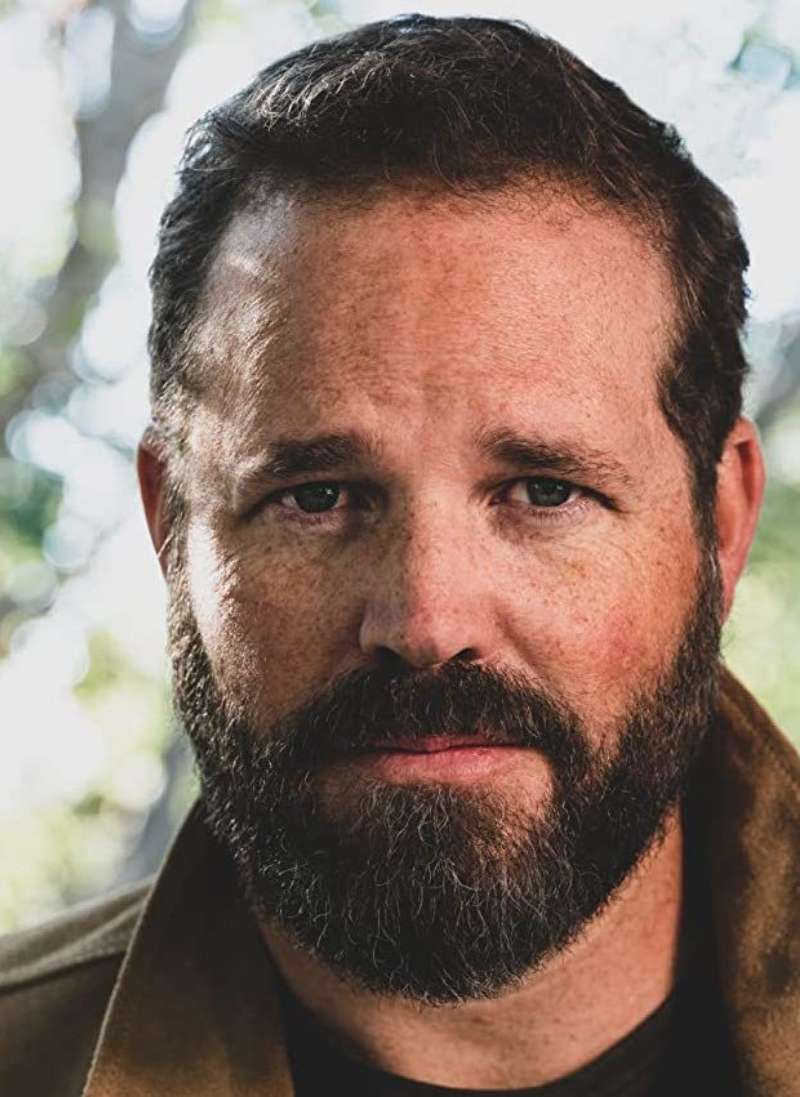
David Denman
-

Daphne Rubin-Vega
-

Andrea Patterson
-
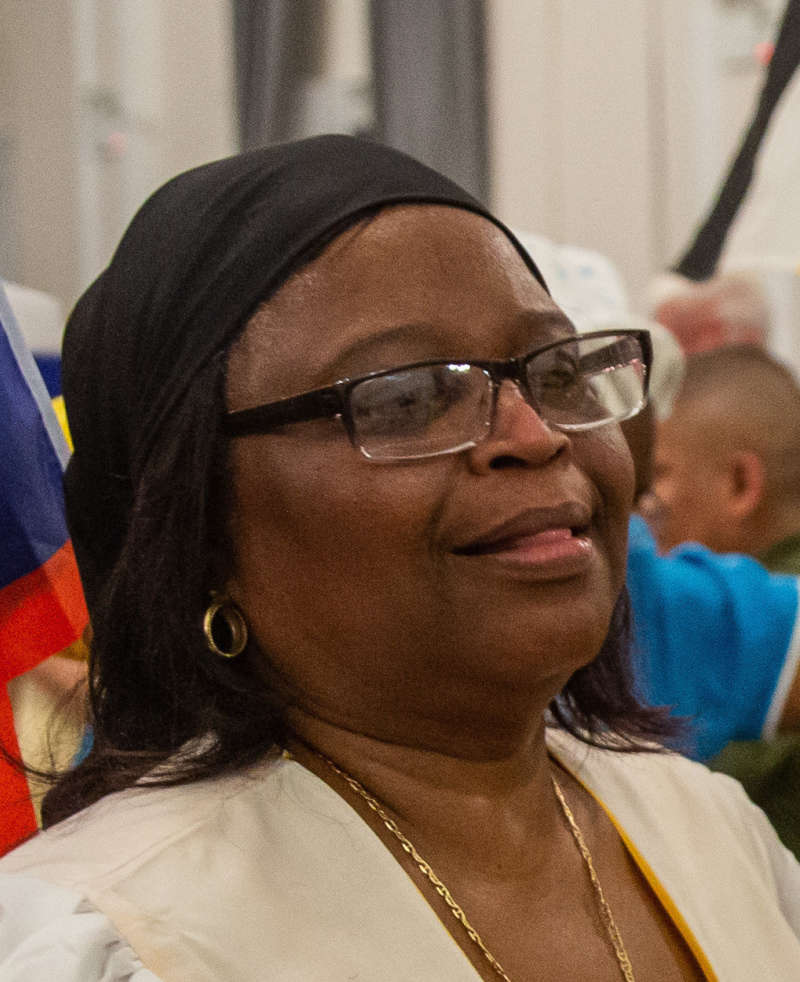
Dorina Castillo
-

Frankie Faison
-

David Zayas
Explore Projects
-
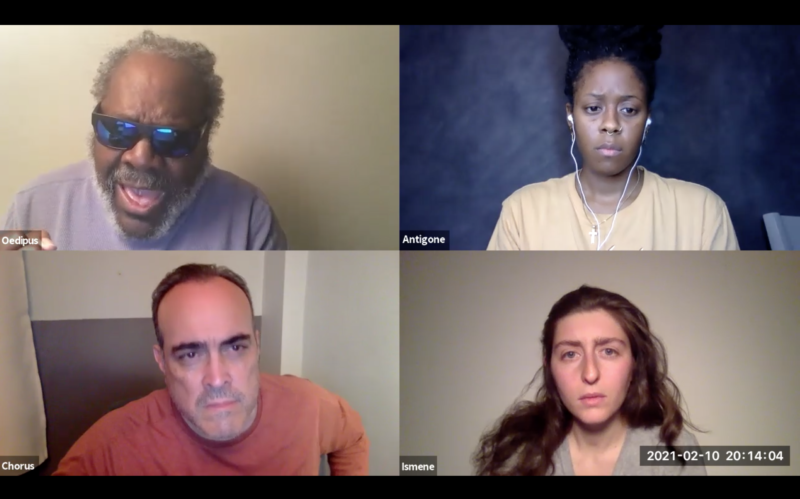 HomelessnessThe Oedipus at Colonus Project
HomelessnessThe Oedipus at Colonus ProjectThe Oedipus at Colonus Project presents readings of scenes from Sophocles’ final play, Oedipus at Colonus, as catalyst for powerful, community-driven conversations about homelessness, the immigration and refugee crisis, and the challenges of eldercare during and after the pandemic.
-
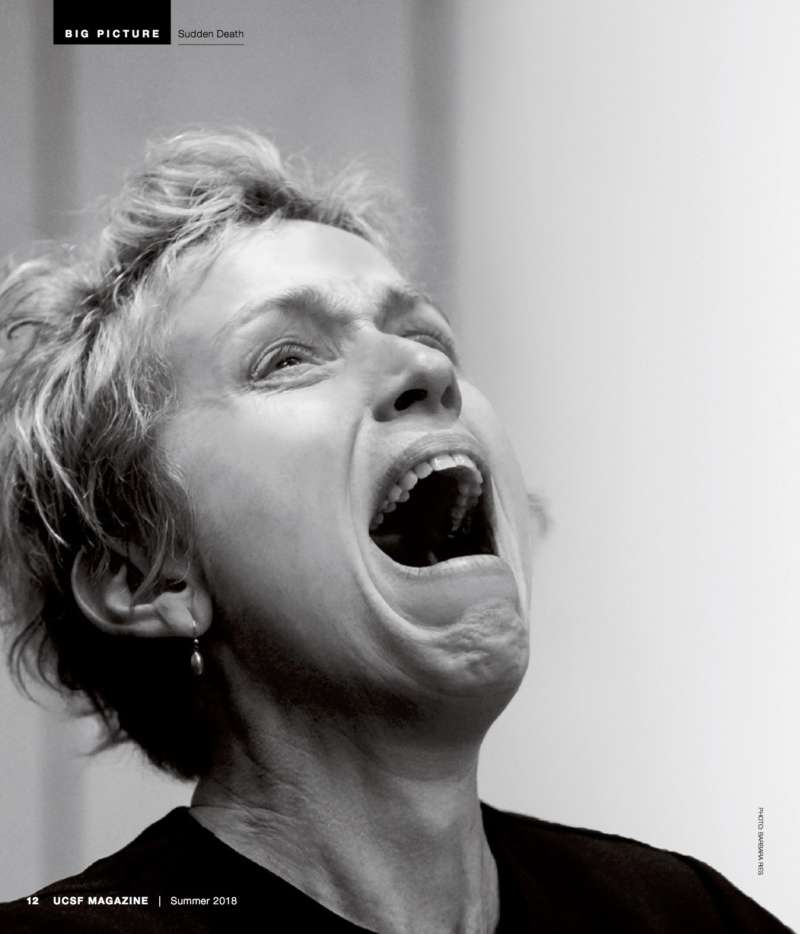 Caregiving & DeathEnd of Life
Caregiving & DeathEnd of LifeEnd of Life presents readings of ancient Greek plays in public settings and medical communities as a catalyst for facilitated discussions about challenges faced by patients, families, and health professionals today around end of life care. This unique, participatory event is intended to promote powerful, open discussion among diverse communities - public and professional - fostering compassion, cooperation, and understanding about living with chronic suffering and the mortality we all share.
-
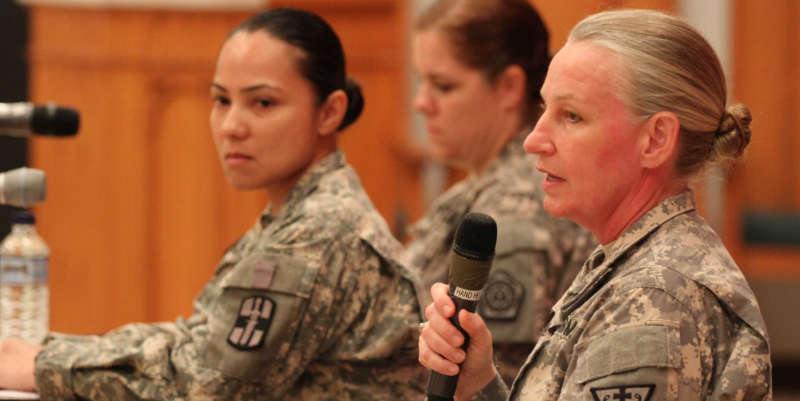 Consent & Sexual ViolenceTape
Consent & Sexual ViolenceTapeTape has been developed as a sexual assault awareness and prevention training program that uses dramatic readings of Stephen Belber’s 1999 play to ignite powerful discussions about consent, sexual assault, rape, and power dynamics.